Classic Films Not to Miss on BBC iPlayer
The Beeb’s streaming service has got its hand on a bunch of big-screen classics from legendary studio RKO. We pick out the best...
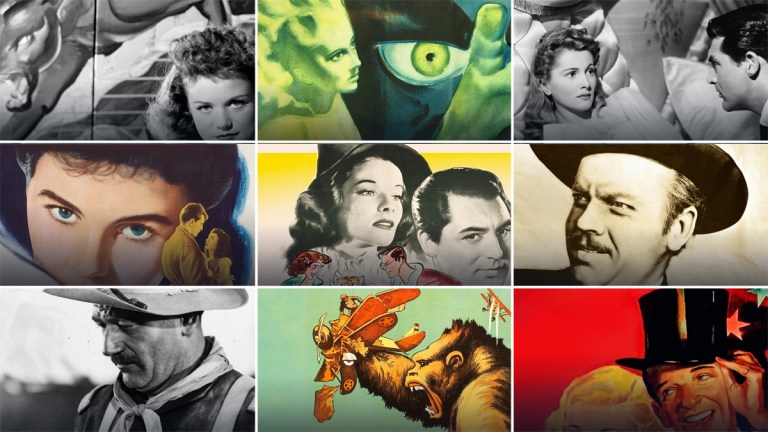
Thanks to our current situation, there aren’t many new movies being released at the moment. And while that’s a sad state of affairs for cinephiles, it does at least provide a good opportunity to look back and check out some golden oldies that might have so far slipped under your radar.
Luckily, the good old Beeb has you covered. Streaming service BBC iPlayer has acquired a bunch of big-screen masterpieces for your lockdown delectation, all produced by the legendary RKO Pictures – one of the “big five” studios of Hollywood’s Golden Age.
From powerhouse dramas to technicolour marvels, toe-tapping musicals to weird and wonderful B-movies, RKO produced some of Tinseltown’s all-time classic movies, and boasted some of the period’s biggest star signings – including Orson Welles, Cary Grant, Fred Astaire, Ginger Rogers, Joan Fontaine and Robert Mitchum.
BBC iPlayer currently has 26 “silver screen classics” available to stream or download, and the best bit is they’re all available on the service for “over a year”, which should give you plenty of time for a trip down cinematic memory lane. Here, we’ve picked out some of the collection’s highlights…
Citizen Kane (1941)
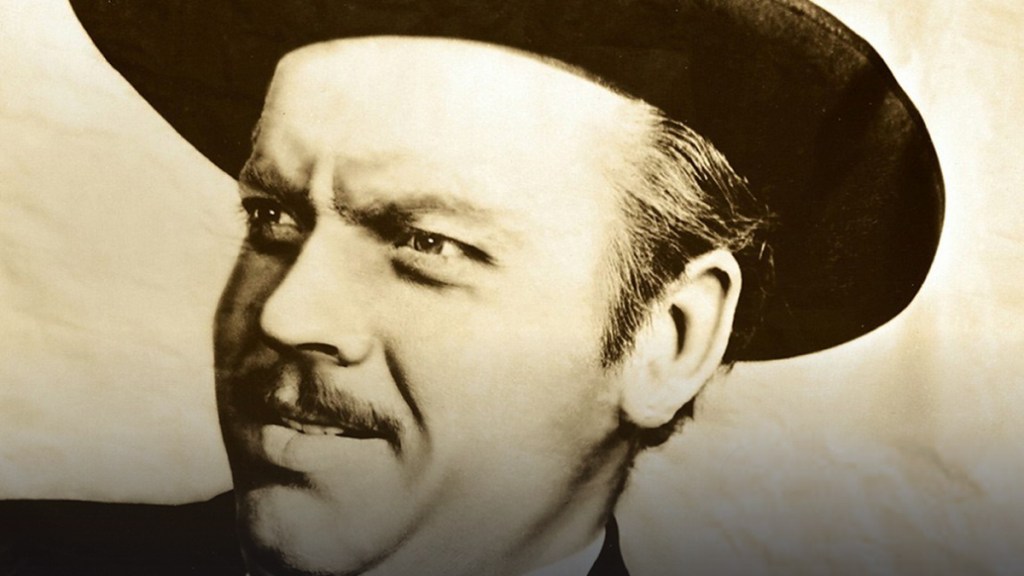
The jewel in the RKO catalogue’s crown, Citizen Kane is considered by many film buffs and industry folk to be the greatest movie ever made – or, as Rachel from Friends so eloquently summed up, “It’s like a big deal.” Following the rise and fall of newspaper magnate Charles Foster Kane (played by co-writer/director Orson Welles), this fascinating, character-focused drama is chock full of cinematic innovation – in large part thanks to its non-linear, flashback-fuelled storytelling – but was a flop on release. Luckily it was reappraised a decade later, and is now held up as a shining example of filmmaking at its finest – its legacy cemented by the fact it has been referenced, homaged and parodied hundreds of times since. Not bad, considering the film was Welles’ debut as a director. His second film – celebrated period drama The Magnificent Ambersons – is also on iPlayer.
Bringing Up Baby (1938)
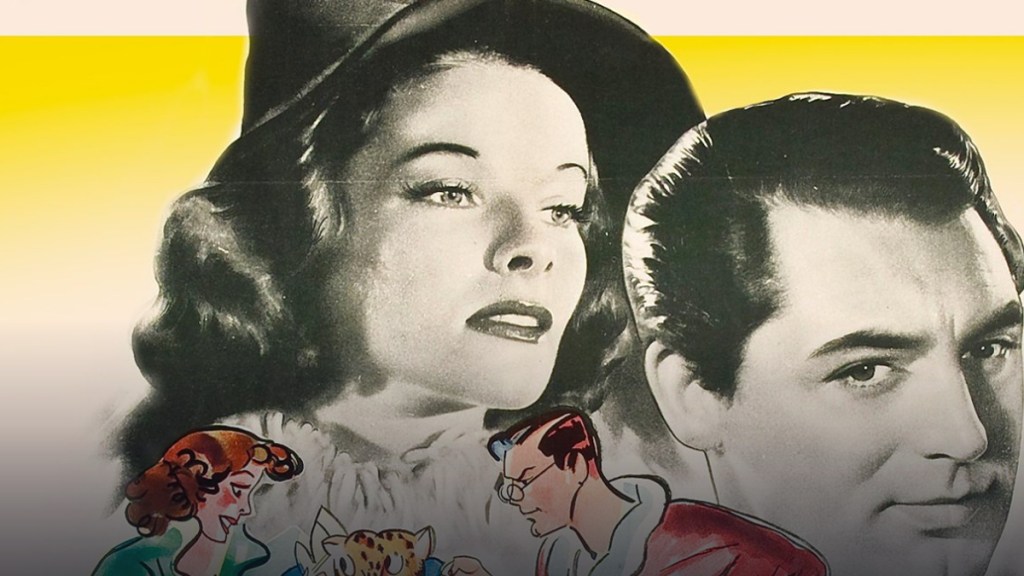
Another RKO picture that flopped on release but later became a certified celluloid classic, this screwball comedy stars Cary Grant and Katharine Hepburn as a mild-mannered paleontologist and a free-spirited heiress who, after a meet cute on a golf course, fall into a series of increasingly chaotic situations while acting as the unwitting guardians of a pet leopard named Baby. It might be over 80 years old, but it’s still very, very funny – so much so, in fact, that Grant and Hepburn notoriously kept delaying filming because they were corpsing on set. Directed by great American auteur Howard Hawks and stuffed full of perfect pratfalls and terrific timing, this is one of the all-time great big-screen comedies. Grant made a name for himself in this genre – another of his zany romcoms, My Favourite Wife, is also available on iPlayer.
King Kong (1933)
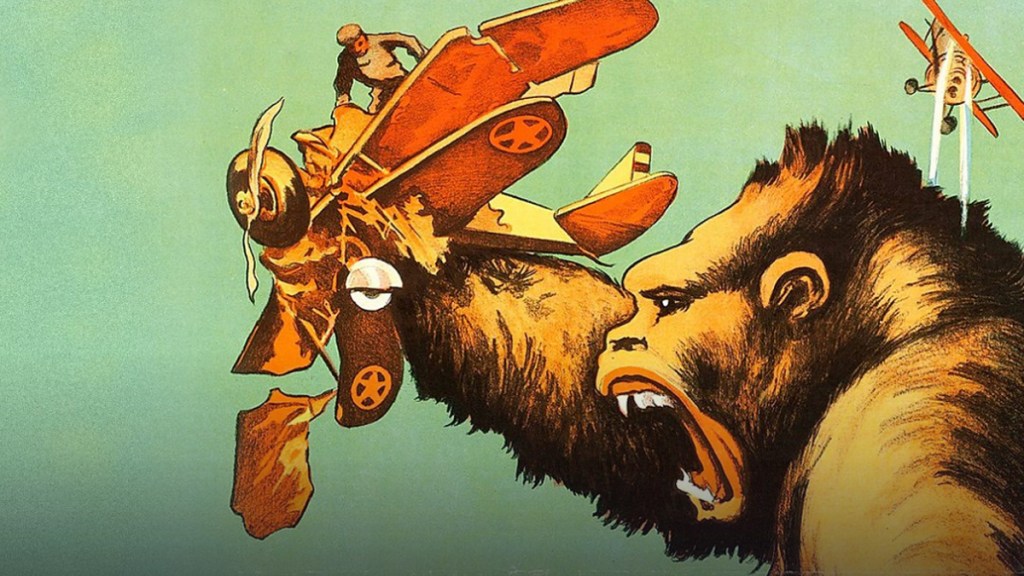
“No, it wasn’t the airplanes. It was beauty killed the beast.” Originally conceived under the title The Eighth Wonder, this definitive monster movie – which has been remade a couple of times since, to varying levels of success – is still the original and best. Starring Fay Wray as Ann Darrow – an aspiring actress who’s lured on location to the mysterious Skull Island by film director Carl Denham (Robert Armstrong) – it’s a rollicking adventure that features some charmingly old-school, stop-motion VFX and really laid out the genre template. The genius of directors Merian C. Cooper and Ernest B. Schoedsack, of course, was making giant ape Kong a sympathetic beast, lending the film an emotional wallop that many of its imitators have failed to match. It also clocks in at a relatively lean 100 minutes – a fact that Peter Jackson, director of the bloated 2005 remake, probably should have paid more attention to.
Top Hat (1935)

Actors, dancers and musical legends Fred Astaire and Ginger Rogers had one of the most successful onscreen partnerships of Hollywood’s Golden Age, starring in nine movies together during their time at RKO Pictures – six of which became the studio’s biggest box-office hits. Their inspired pairing made huge stars of them both – as Katharine Hepburn once famously (and reportedly) said: “He gives her class and she gives him sex appeal.” The Oscar-nominated Top Hat is arguably Fred and Ginger’s most successful work – a screwball romcom set across London and Venice, it features some iconic musical numbers (including the brilliant “Cheek to Cheek” set-piece) and became the most profitable RKO film of the 30s. If you’re after more Fred and Ginger action, iPlayer is streaming 1934’s The Gay Divorcee and 1938’s Carefree, too.
Angel Face (1952)
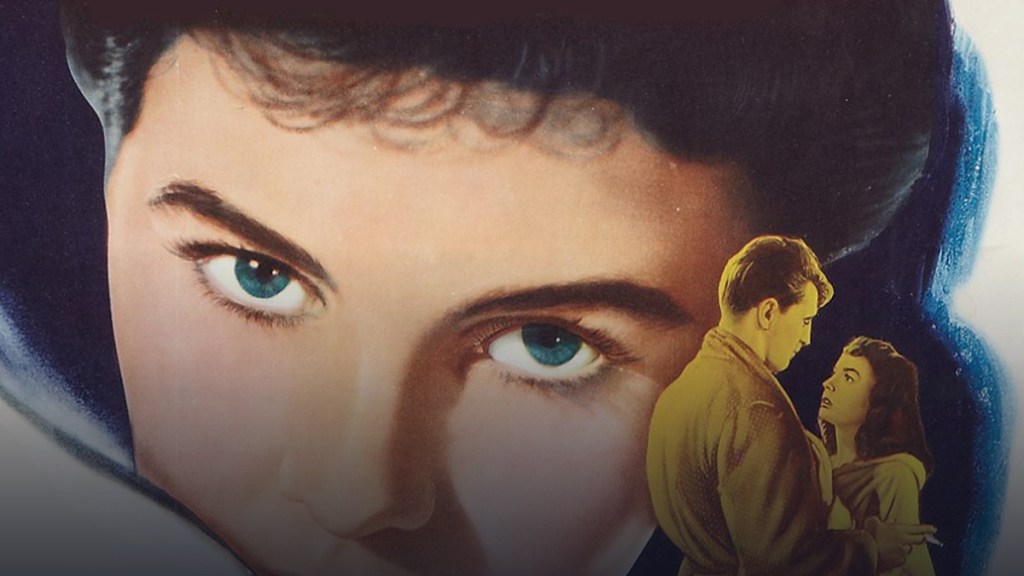
The first collaboration between film noir mainstay Robert Mitchum and British stage actress Jean Simmons, this thriller tells the tale of an unstable heiress who plans to use a young ambulance driver to kill for her. Full of intense melodrama, Angel Face has been described as a “forgotten masterwork” of the film noir genre, with a fairly generic murder plot elevated by the direction of Otto Preminger. Despite tension on set between the stars and their director (stoked by then-studio head Howard Hughes), the film was a success – and is one of the best films of RKO’s later catalogue (the once-great studio ceased production in 1957). Mitchum and Simmons’ second team-up, 1954 comedy-drama Beautiful But Dangerous, is also available on iPlayer.
She Wore a Yellow Ribbon (1949)
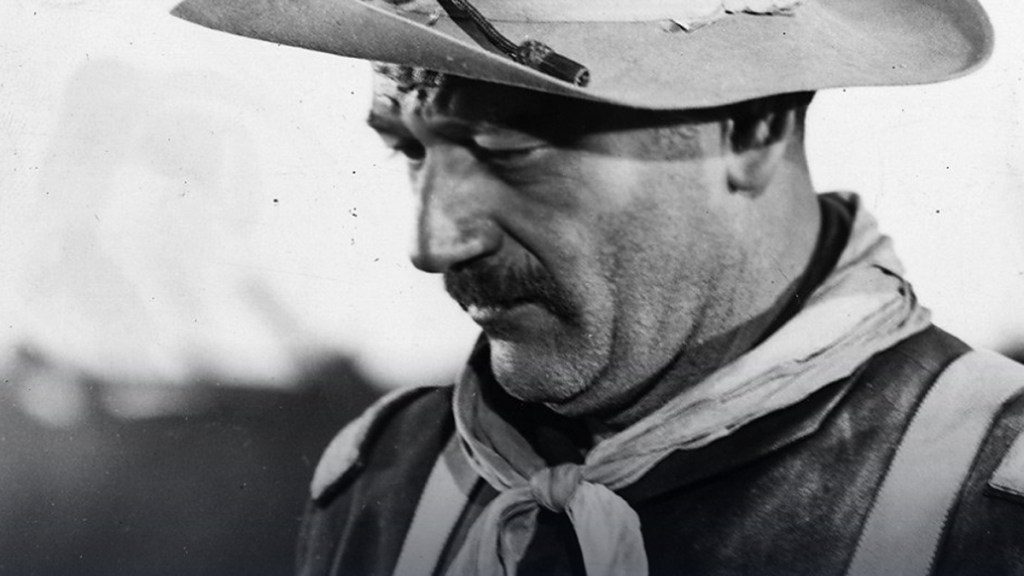
A technicolour Western starring genre legend John Wayne, this is the second of director John Ford’s thematic ‘Cavalry’ trilogy (the first, 1948’s Fort Apache, is also on iPlayer, but there’s no sign of the third, 1950’s Rio Grande, just yet). Filmed on location in Monument Valley, an iconic region of American desert now synonymous with Western movies thanks to Ford, She Wore A Yellow Ribbon sees Wayne in one of his best roles – he plays an aging cavalry veteran who is ‘retired’ after a setback on his last mission, and who’s then forced to act alone in order to avert a full-scale war. One of the most expensive Westerns ever made at the time (with a budget of $1.6 million), RKO’s financial gamble paid off and the studio was rewarded with a huge hit. If Westerns are your thing, this is a must-watch.
Cat People (1942)
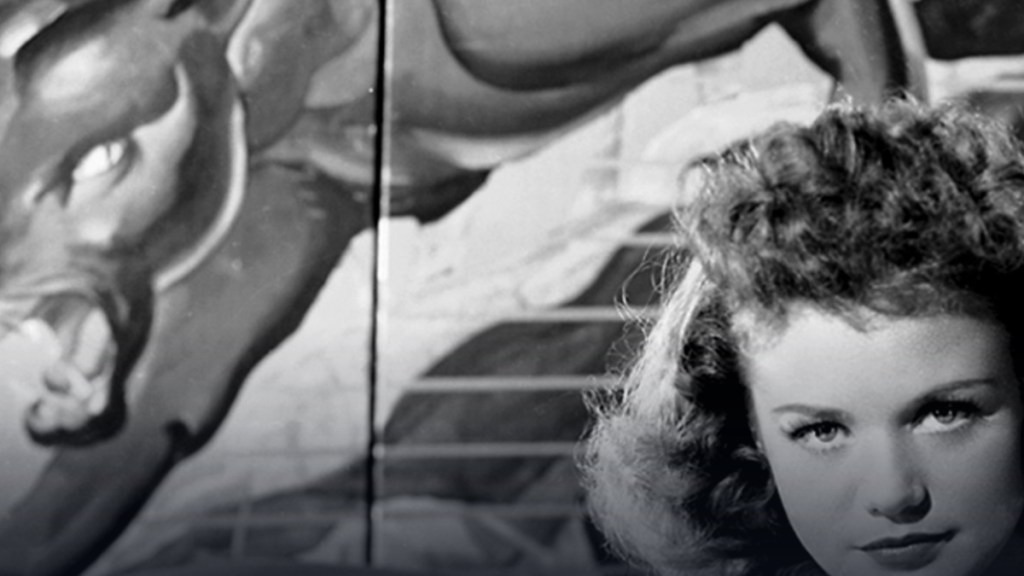
Produced by low-budget horror legend Val Lewton and directed by Night Of The Demon’s Jacques Tourneur, this feline feature was one of RKO’s most successful B-movies. It follows the story of Oliver (Kent Smith), a young New Yorker who falls in love with Irena (Simone Simon), a fashion designer who he meets at the Central Park Zoo. But, unbeknownst to him, Irena is harbouring a deadly secret – namely, that she’s cursed to turn into a panther when angered or aroused. The film is a curious beast to be sure, but it was hugely influential – horror writer Kim Newman heralded it as the first major supernatural horror movie with a contemporary urban setting. Its 1944 sequel, The Curse Of The Cat People – which features the first directing credit for legendary filmmaker Robert Wise (The Haunting, Star Trek: The Motion Picture) – is also available on iPlayer.
I Walked with a Zombie (1943)
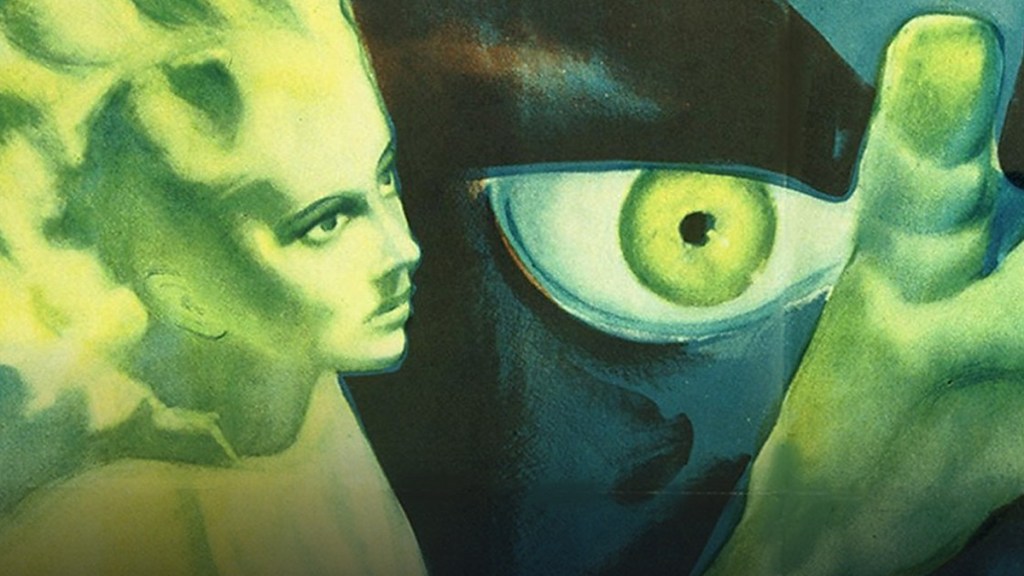
No, we’re not talking brain-munching undead monsters here. The second RKO horror from Lewton and Tourner is a slow-burn chiller with serious voodoo vibes. It’s also a very loose adaptation of Charlotte Brontë’s novel Jane Eyre, following young Canadian nurse Betsy (Frances Dee) as she’s hired to care for the wife of a plantation owner on a Caribbean island, who’s been left without volition after a serious illness. Betsy winds up falling for her enigmatic boss, but as she digs deeper into her patient’s condition, she uncovers some decidedly supernatural shenanigans. Initial reaction to the film was mixed, ranging from “dull” to “spine-chilling”, but as with many of the films on this list, it’s since been reassessed and is now considered a low-key horror masterpiece.
Suspicion (1941)
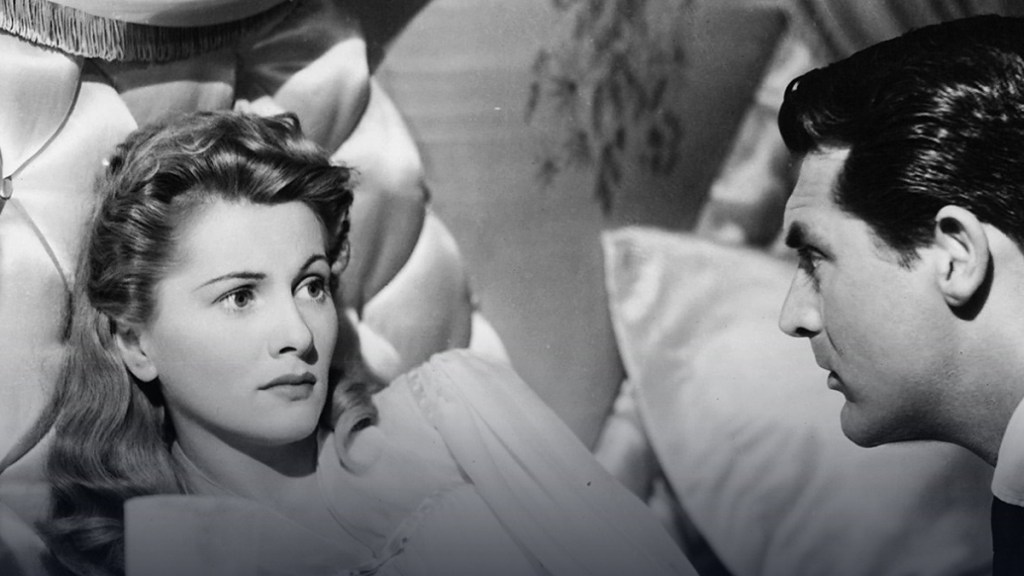
Alfred Hitchcock’s Suspicion was released just a year after the British auteur’s first ever American production, 1940’s Rebecca. Finding the Master of Suspense still honing his craft, the film’s plot is the stuff of classic Hitchcockian thrillers: a timid heiress (Joan Fontaine) becomes increasingly convinced that her fortune-hunting new husband (Cary Grant) is trying to kill her. Despite some contention over the film’s conclusion (Hitch claimed he was forced to deviate from his original, darker vision – closer to that of the source novel’s – because RKO demanded a ‘happier’ ending), the film is loaded with tension and is still right up there with his better works. Fontaine bagged a Best Actress Oscar for her efforts – the only Oscar-winning performance in a Hitchcock film – and the film marked the start of a fruitful working relationship between the director and Grant, who would go on to star in Hitchcock classics Notorious, To Catch A Thief and North By Northwest.
